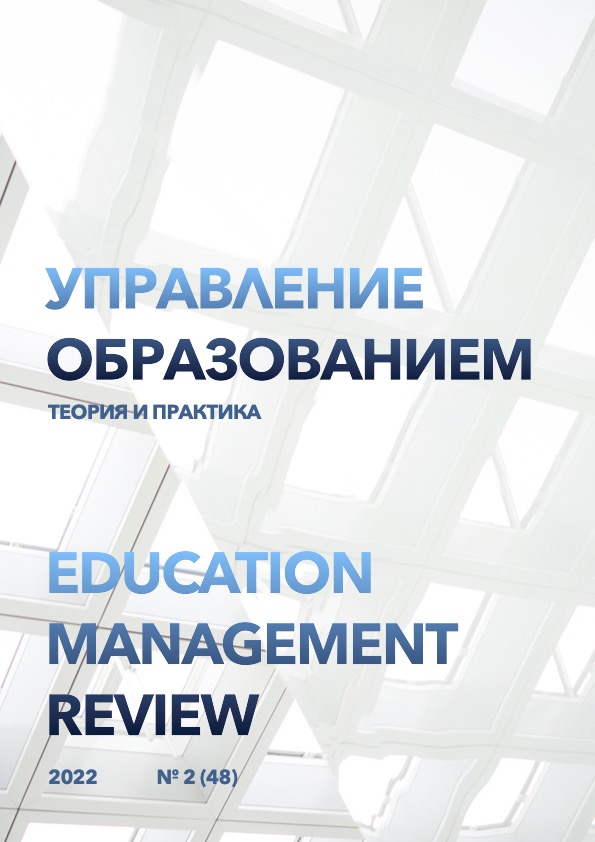Information and educational environment as a factor of improving the quality of mathematical training of technical university students
DOI:
https://doi.org/10.25726/t1044-4920-8159-vKeywords:
nformation and educational environment, discrete mathematics, skills, distance education, ways of developmentAbstract
The information and educational environment forms the necessary personal competencies for the student, which make it possible to deepen professional and other skills in the future. The leading function of modern higher education is the creation of an educational environment that makes it possible to form a selflearning methodology based on the principles of efficiency and depth of knowledge in the conditions of full-time or distance education. Therefore, the construction of the educational process at the university on the basis of the organization of the information and educational environment is one of the possible ways to develop higher professional education. The information and educational environment as a whole is understood as an integral finite set of objects and their relations to the realization of educational goals.
References
Beard, C.M., Wilson J. P. (2006). Experiential learning: a best practice handbook for educators and trainers. London, Kogan Page Publishers.
Bissenbayeva, V., Aurenova, M., Uaidullakyzy, E. (2014). Modern Technologies of Communicative Competence Formation. Procedia Social and Behavioral Sciences. 116, 4780.
Gagne R.M., (1985). The conditions of learning. New York, Holt, Rienhart & Winston.
Guney A., Selda A. (2012). Effective learning environments in relation to different learning. Procedia Social and Behavioral Sciences. 46, 2334.
Hutorskoj, A.V. (2003). Kljuchevye kompetentnosti kak komponent lichnostno-orientirovannoj paradigmy obrazovanija [Key competences as a component of personally oriented educational paradigm]. Narodnoe obrazovanie , 2, 18.
Palloff, R. M., Pratt, K. (2005). Collaborating online: Learning together in community. San Francisco, CA: Jossey-Bass.
Selevko, G. K. (1998). Sovremennyye obrazovatel’nyye tekhnologii [Modern educational technologies]. Мoscow, Public education.
Serikov, V.V., Pichugina, V., Saurenko, N. (2015). Project Approach as the Methodology of Constructing the Content and Technology of University Education. Procedia Social and Behavioral Sciences. 214, 399.




